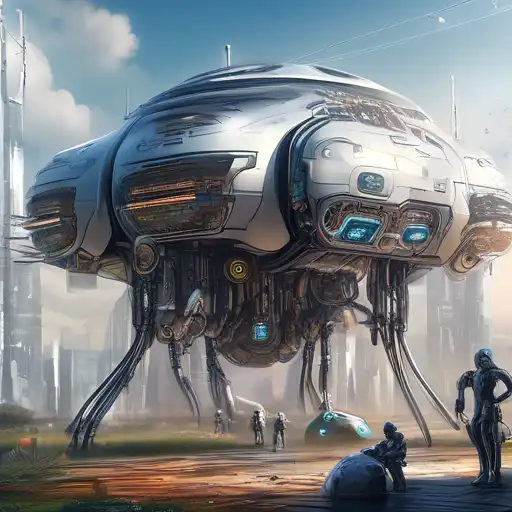Introduction to Artificial Intelligence's Evolution
Artificial Intelligence (AI) has transitioned from a futuristic concept to a pivotal part of our daily lives. Its rapid evolution continues to shape industries, redefine efficiency, and unlock new possibilities. This article delves into the current state of AI, exploring its advancements, challenges, and what the future holds.
The Current Landscape of AI
Today, AI is not just about robots or sci-fi movies. It's about machine learning algorithms that power recommendations on streaming platforms, voice assistants that understand natural language, and autonomous vehicles that navigate our streets. The integration of AI across sectors demonstrates its versatility and potential to drive innovation.
Advancements in AI Technology
Recent years have witnessed groundbreaking advancements in AI. From deep learning models that outperform humans in specific tasks to AI-driven healthcare diagnostics, the technology is breaking barriers. These advancements are not just technical feats but also catalysts for societal transformation.
Challenges and Ethical Considerations
Despite its potential, AI faces significant challenges. Issues like data privacy, algorithmic bias, and the displacement of jobs are at the forefront of discussions. Addressing these concerns is crucial for harnessing AI's benefits while mitigating its risks.
The Future of AI: What to Expect
The future of AI is both exciting and uncertain. With ongoing research in quantum computing and AI, the possibilities are limitless. However, the direction AI takes will depend on how we navigate its ethical, social, and technical challenges today.
Conclusion
As we stand on the brink of AI's next era, it's clear that this technology will continue to evolve and influence every aspect of our lives. By understanding its current trajectory, we can prepare for a future where AI and humanity coexist harmoniously.
